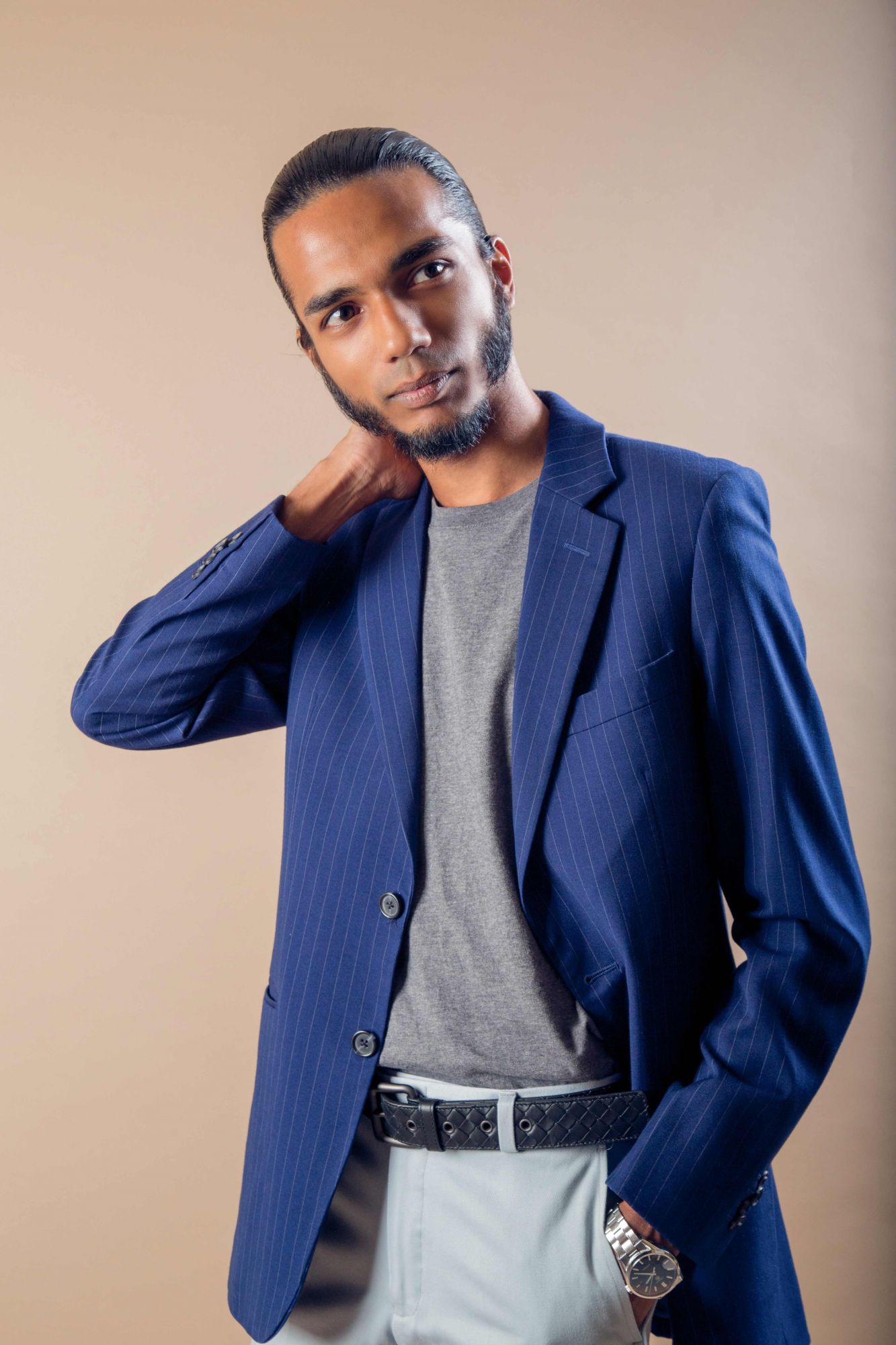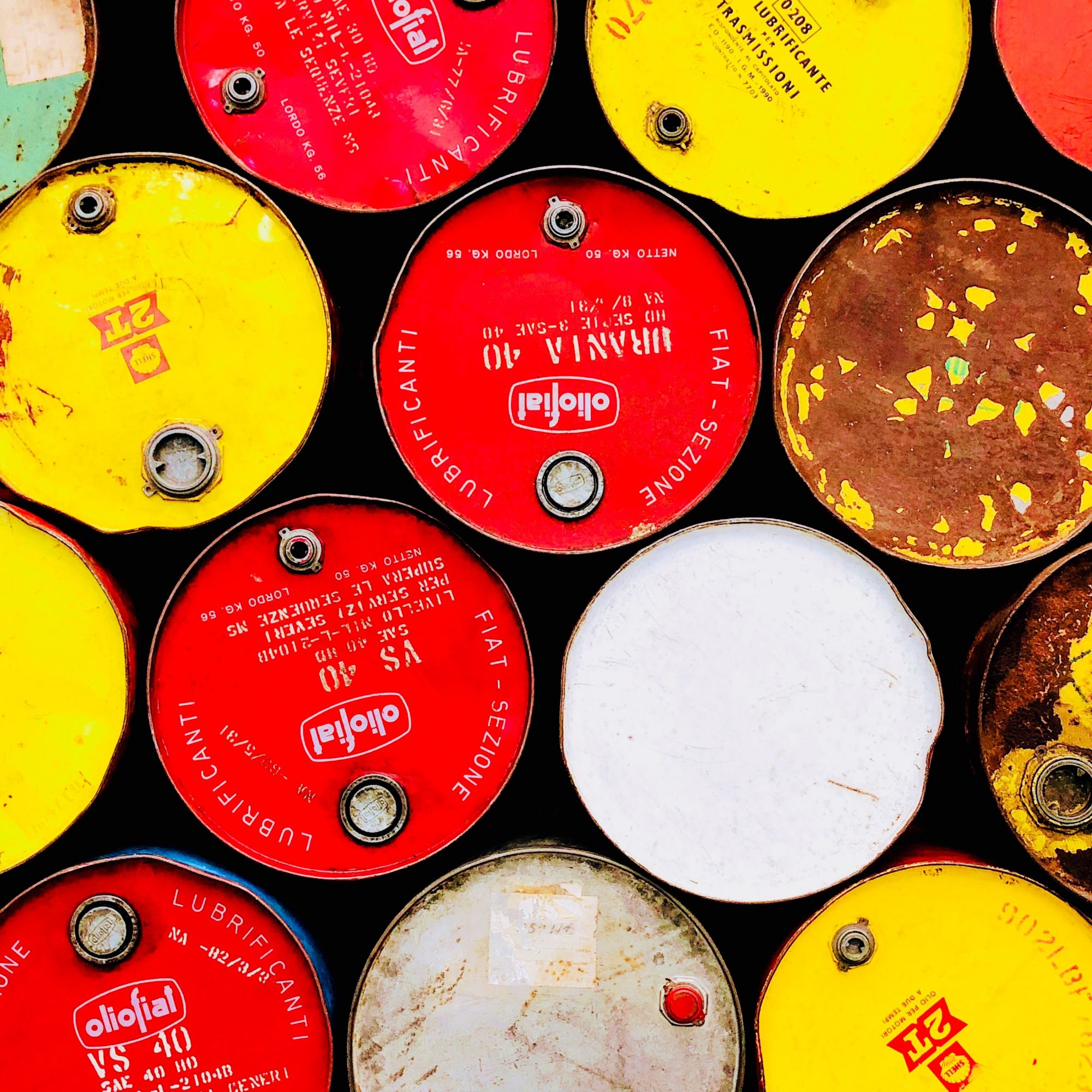FatHopes Energy's founder and CEO Vinesh Sinha shares his libertarian perspective on the traditional oil and gas industry, and how biodiesel made from oil people throw away can help us to power a cleaner future
It was an episode of British motoring TV series Top Gear that first piqued Vinesh Sinha’s interest in biodiesel, the type of diesel fuel derived from plants or animals that currently forms the bedrock of his Malaysia-based business, FatHopes Energy. It was in 2005 after watching one of the show’s hosts Jeremy Clarkson fuelling a red, diesel Mercedes-Benz with used cooking oil, when he decided to try the same thing with his own car.
“To be honest, I wanted to ruin the car my dad gave me, hoping I’ll get a new one,” admits Sinha. “I was studying at an international school in Penang at the time and driving an unpopular 20-year-old Mitsubishi Pajero, while all the other students were driving fancier cars. Anyway, unluckily for me at the time, the car managed to run on the cooking oil.”
This fuelled the entrepreneurial spirit in him and he started producing this diesel substitute for himself, his family and friends in Kuala Lumpur. “I was lucky to have found a raw material that didn’t require a million-dollar refinery like plastic. I could actually convert used cooking oil and waste oil into biodiesel over my stove.”
When he realised the potential of biofuel as a business, he was pursuing his Bachelor’s degree in business and finance at the London School of Commerce. “I suddenly found myself thinking if I could use what people were throwing away or didn’t value for something else. This eventually became the concept to which I now call Economy 2.0.”

Eventually, a contract to sell biofuel to a Malaysian logistics company incentivised him to drop out of university and return to KL in 2009 to scale up his business. A year later, he officially established FatHopes Energy, which is named after the core product of his company but is also a remembrance of the time when people around him were sceptical of his choice to create a business out of waste oil.
“A lot of people thought the business was rubbish and questioned what I was doing with my life,” recalls Sinha. “Everyone I told my idea to wasn’t convinced. So FatHopes came about because that’s exactly what we hope to do, to convert cleaner energy from fat that nobody thought would be useful. It’s also a play on the colloquial expression ‘fat hopes’ because nobody thought the business would take off. I didn’t think it was going to go very far either.” But business did take off and about two years ago, it forged a partnership with a major European oil and gas company.
